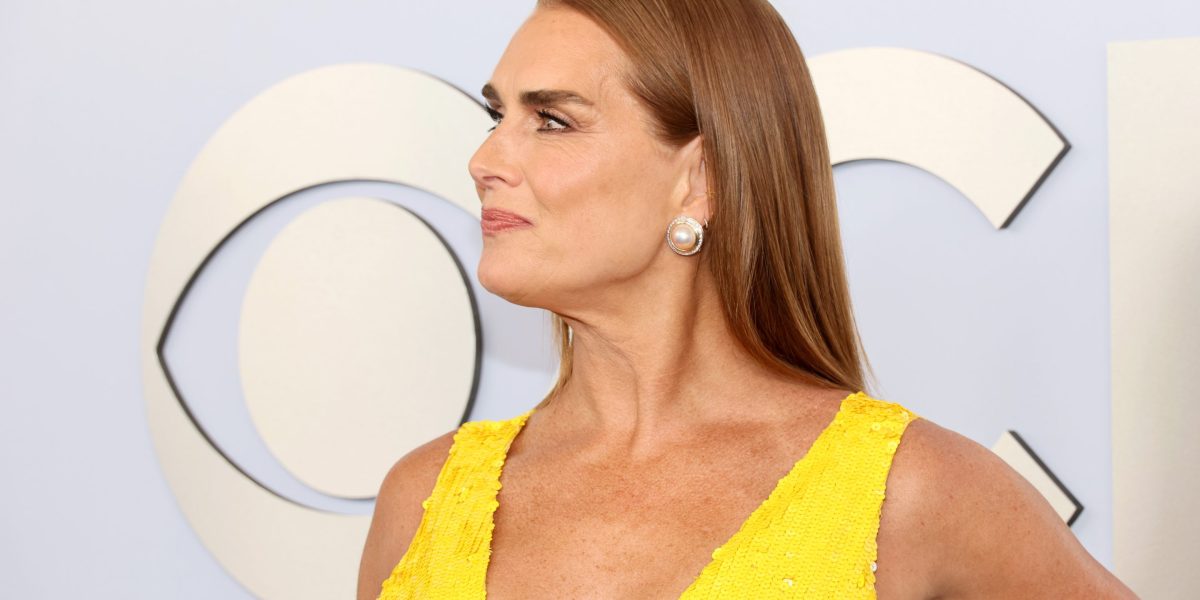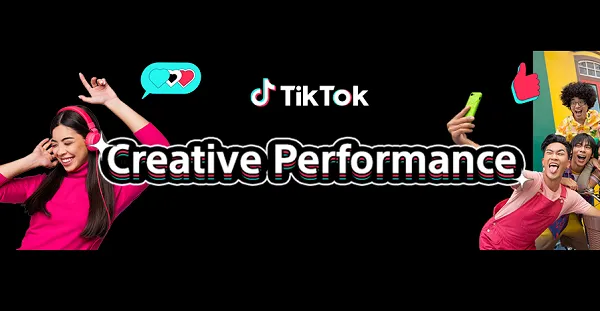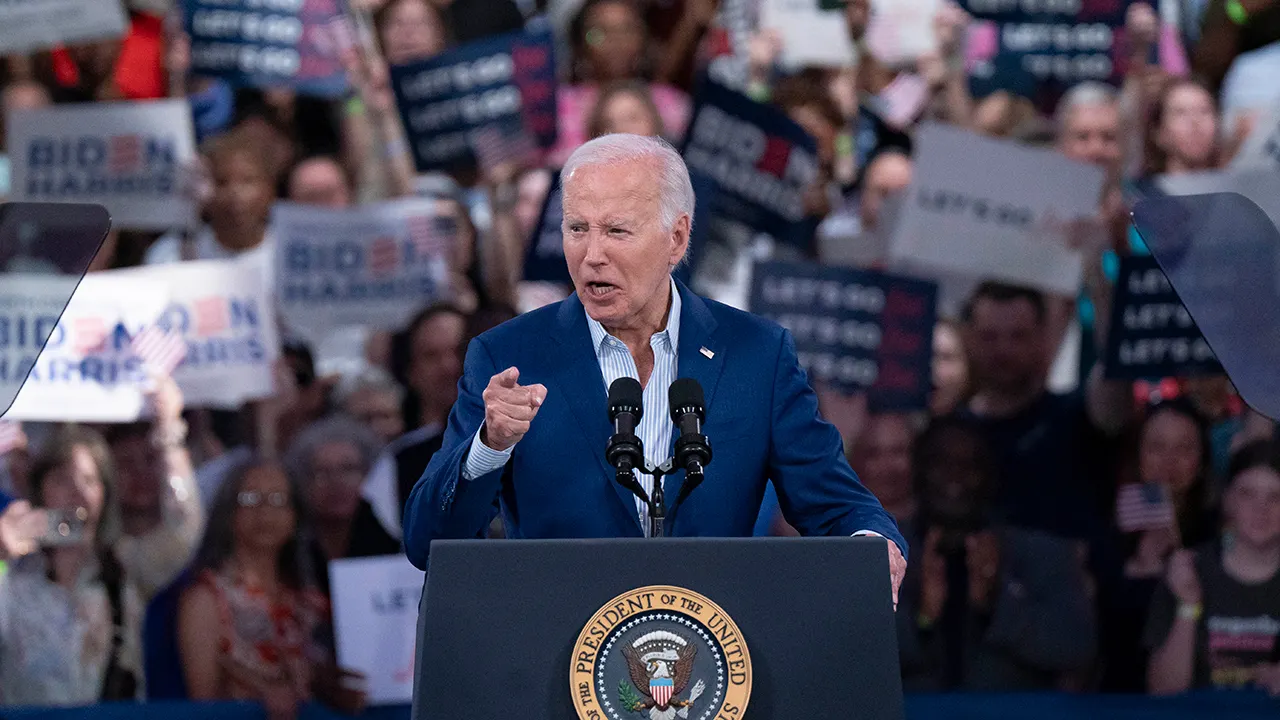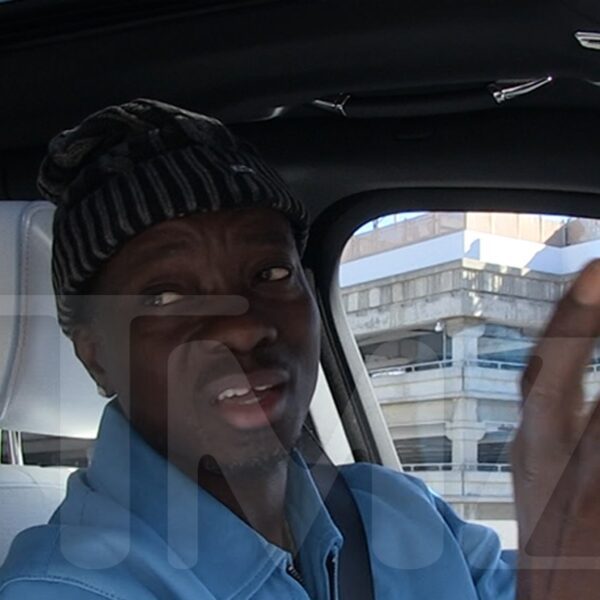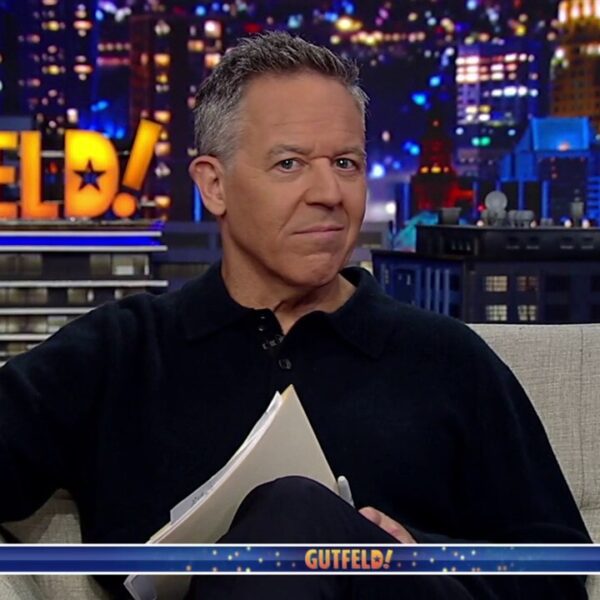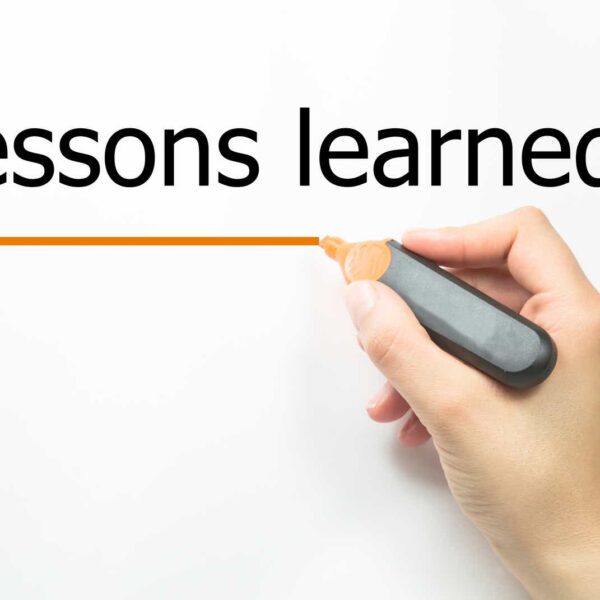

“I have spent my entire life in the spotlight,” Brooke Shields said in a campaign video to be the President of Actors’ Equity Association, a union for those working in live performances. And rather than shirk fame, Shields is leaning into the limelight and lending her image to a cause she truly cares about.
The 1990s supermodel-turned-TV-icon has found herself in a new leading role—having won the election in late May and now representing the union which is comprised of more than 51,000 actors and stage managers. At the helm for the next four years, Shields has her work cut out for her. But Shields insists she isn’t afraid of a challenge.
“How do I use Brooke Shields — that thing that is separate from me, that’s a job, and is a commodity of some sort — to make a difference for a community that’s given nothing but love and acceptance to me when it was not cool to cast somebody who had zero Broadway training,” she pondered in a interview with the New York Times’ Michael Paulson, adding that the theater community has always been welcoming and had her back.
Her public persona is something Shields “struggled with my entire life,” said the actor who took her first role at 11 months. “So how do I turn it into something I don’t resent?”
The Hollywood strikes are done, but not the fight
While Shields is an industry name, she’s more known for her work on the screen than her stage performances. That being said, Shields has gone on Broadway as a replacement for roles like Morticia Addams in “The Addams Family” and Sally Bowles in “Cabaret.” As Paulson notes, Shields defeated two other contenders for union president who had more significant union experience.
Shields says the first union meeting she ran was like a scene out of Monty Python—she was unaware of the lingo or even the procedure, like Robert’s Rules of Order. There’s “a huge learning curve,” Shields says, but “I’m ready.”
Famously, Shields is not the only ‘90s icon lending her name to the union cause. Last summer, Fran Drescher, known for “The Nanny,” traded her cheetah print blazers for SAG-AFTRA union tees.
“I am shocked by the way the people that we have been in business with are treating us,” Drescher said at a famous press conference a year ago. “They plead poverty, that they’re losing money left and right, when giving hundreds of millions of dollars to their CEOs. It is disgusting.”
In 2023, the screen actors’ and writers’ unions negotiated new contracts. Workers fought for a number of things, including better conditions, fair wages amidst a new streaming economy with paltry residuals, and greater checks on artificial intelligence usage.
Coming out of the Hollywood strikes tentatively victorious, the unions still have to bat off future fights with studios as AI advances with minimum mitigation. Hollywood workers aren’t alone: names mostly in the music industry have since come out to call for intervention, stating that AI poses risk to their artistic integrity.
And some big names have started to come to the front lines, as by nature of their name and net worth they have less to lose as their industry goes through, at best, growing pains or, at worst, a complete evisceration. Famed producer Tyler Perry recently voiced his fears of AI making jobs obsolete to the Hollywood Reporter, adding that he’s putting his studio expansion on pause after seeing OpenAI’s Sora.
“I absolutely think that it has to be an all hands on [deck], whole industry approach,” Tyler Perry said to the outlet of the need for everyone to get involved. “It can’t be one union fighting every contract every two or three years. I think that it has to be everybody, all involved in how do we protect the future of our industry because it is changing rapidly, right before our eyes.”
What Shields’ theater kids need: fair wages
It seems as if not everyone can afford to be on the front of the picket lines in this economy, by nature of the industry’s infamous paltry wages. The previous president of the Actors’ Equity Association, Kate Shindle, announced she wouldn’t seek re-election because she spent so much time on the unpaid work of managing the members’ crises, she had too few working hours to qualify for the union’s health insurance.
While the fight against unchecked AI has been mostly waged in Hollywood for now, Broadway, too, is taking note. Some stars like Idina Menzel, Bette Midler, and Kristin Chenoweth have spoken out against the usage of AI platforms in the industry, according to Broadway World. And the fight for fair wages continues for creatives off the screen. Negotiations stalled for the union as Equity Negotiating Team Chair Stephen Bogardus said in a statement that “the wage package put across the table by The Broadway League was just plain unacceptable,” adding that the proposed rate for the next five years meant members would be unable to afford to work.
As such, the union has gone on strike against developmental work—meaning projects in development will go on hold while negotiations are worked out. “People aren’t being compensated fairly,” Shields says of the strike.
Shindle noted that her successor would have to tackle paltry wages or deal with a looming strike. “There’s a battle on many fronts,” she told the Times, adding, “ it is a moral imperative for people who decide that they want to produce theater to build their structures around living wages for the artists that work for them.”
And years after COVID-19 first hit, Broadway is still struggling to get a strong audience back. “It’s not fully recovered, obviously, from the pandemic,” Shields adds, noting though that there have been some refreshing new shows.
“I don’t like to fight; I like to discuss,” she says to the Times, though it’s not time yet for her to hang up boxing gloves as the battle for artists is still just beginning.

